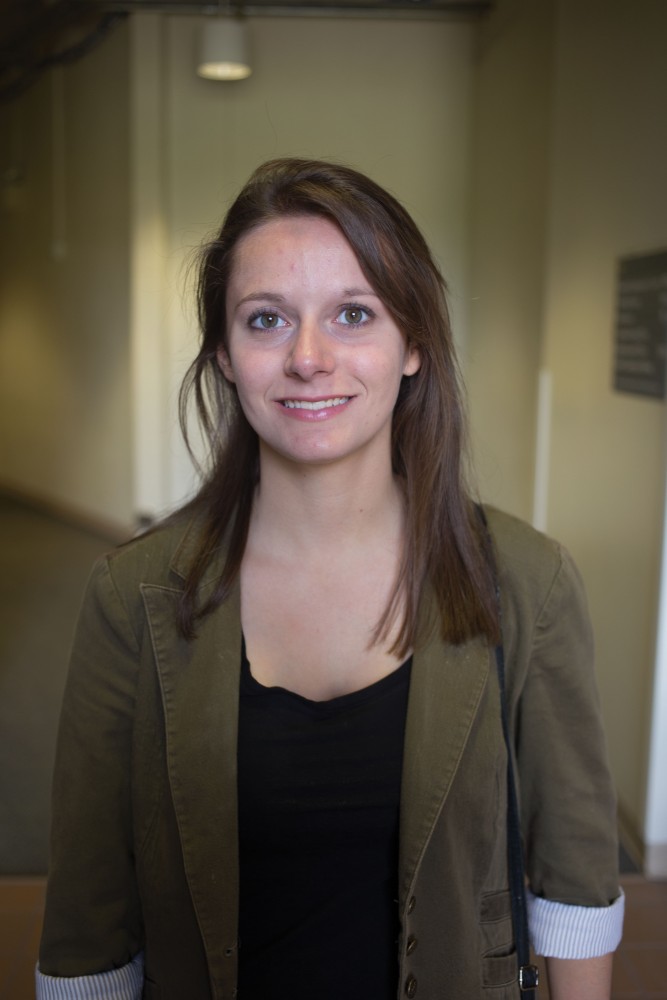Embracing diversity in education

Jun 1, 2015
Recently I saw a meme on Facebook saying, “No, you may not axe me a question.” This was referring to the different pronunciations of ask. One pronunciation is /æsk/ and the other, less accepted, is /æks/. They illustrate the linguistic process of metathesis in which the sounds in a word are rearranged.
People that use the pronunciation /aeks/, which sounds like the world ax, are often discriminated against by people that consider their speech inferior. This pronunciation is typically used by the African American community. Surprisingly, this form of pronunciation actually is older than the more accepted one. In Old English acsian was more accepted than ascian. It is honestly a random choice.
Standard English is in no way superior linguistically to other English dialects. The rules we make in regard to language are based less off linguistic accuracy and based more on social prestige. Those in power create fairly arbitrary rules of language reflecting the way they speak. Had people with social prestige used the pronunciation / æks/ in modern times, it is just as likely that this form would be accepted.
This is why it is important to teach children in school that although there are certainly benefits to learning how to use Standard English, it is in no way better than their home dialect. There should be a distinction made between school and home language. Academically, there are certain standards used in papers that students should be able to understand. Teachers need to give them access to that language so they can succeed, but there is nothing wrong with speaking in a different way at home. That is part of the beauty of language that needs to be appreciated.
If we do not take time to teach children that different groups speak in different yet still acceptable ways, we are reinforcing discrimination. People discriminate against what they do not understand. Time needs to be taken in school to address questions in order to reduce chances of ignorant intolerance.
Sometimes people do not intend to be racist or sexist or homophobic, but they are because they do not understand. If science classes, for example, took the time to explain why skin color and hair textures are different, that menstruation is not a taboo or that there are many different sexualities, maybe kids would begin to understand and become aware at a younger age. If they are completely unfamiliar then encounter these things later in life, they will be more likely to discriminate against them.
A simple discussion in the classroom of these questions may be helpful. Teaching tolerance should be part of the curriculum. It should be part of every class in a different way. It doesn’t all have to be done through one subject. Health classes can teach about sexuality and anatomy. English classes can teach about dialects. Math classes can teach about the statistics of poverty. The educational environment could have a huge impact, if utilized to its fullest capabilities.






















